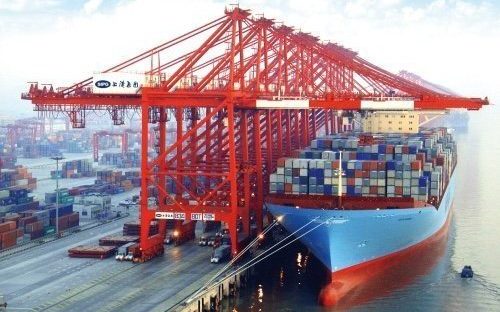Maersk warns clients of the supply chain risks emanating from China’s electricity rationing measures

Maersk, the world’s largest containerline, has warned clients of the supply chain risks from China’s ongoing power shortages.
Splash has been reporting regularly over the past month on the extreme energy crunch being experienced across the People’s Republic, something that has impacted almost every segment of shipping.
Currently, 20 out of 31 provinces in China are subject to electricity rationing measures. The electricity shortages are caused by a combination of factors, including high coal prices, unpredictable weather patterns and challenges of meeting energy and emissions goals.
The higher energy prices are something Maersk has warned could get worse for manufacturers in the coming months.
“Coal prices have more than doubled in the last year, causing electricity costs to surge. According to the National Reform and Development Commission, power prices may rise to 20% higher than current levels or to pre-approved benchmark prices set by the government. Additionally, new reforms may entail that industrial and commercial users will have to purchase electricity at market prices, rather than through the current power purchasing scheme that has kept costs artificially low for large consumers. This may result in increase of cost of production,” Maersk warned in its update yesterday.
Electricity rationing measures have limited many factories to fewer days of production. As China enters the winter season, where the general need for electricity increases, it is expected that the coal and power supply crunch will continue, Maersk pointed out.
“Whilst consumer needs are expected to be high during the end-of-year holiday shopping season, supply lines are impacted by rising raw material costs, port delays and shortage of shipping containers. This may have an adverse effect on supply chains and delivery,” the Danish carrier stated, elaborating on one of the many challenges facing global supply chains in the final quarter of what has been among the most challenging years for retailers and transport providers in generations.
